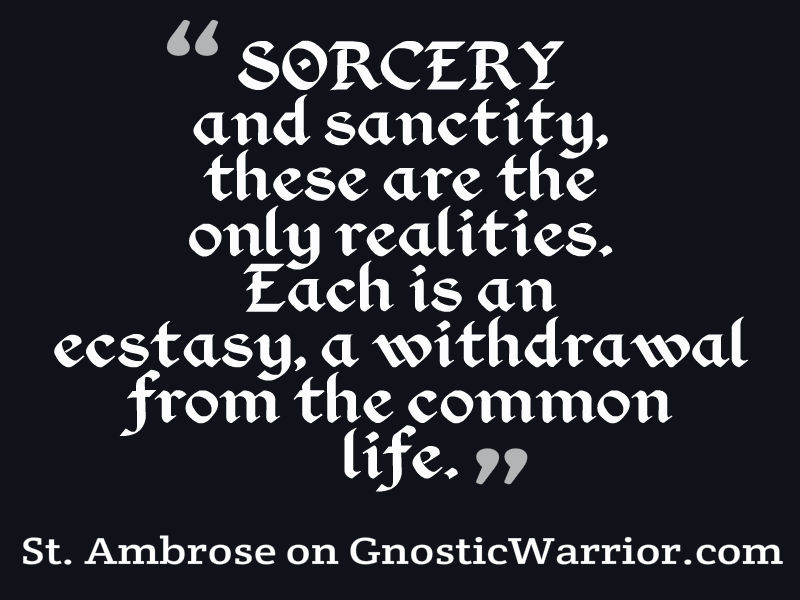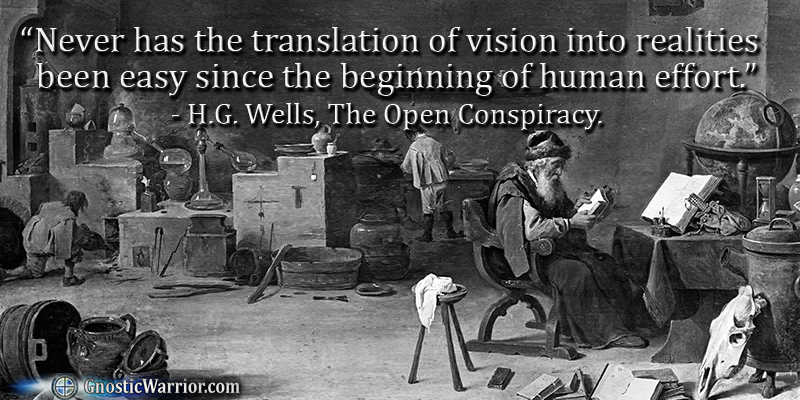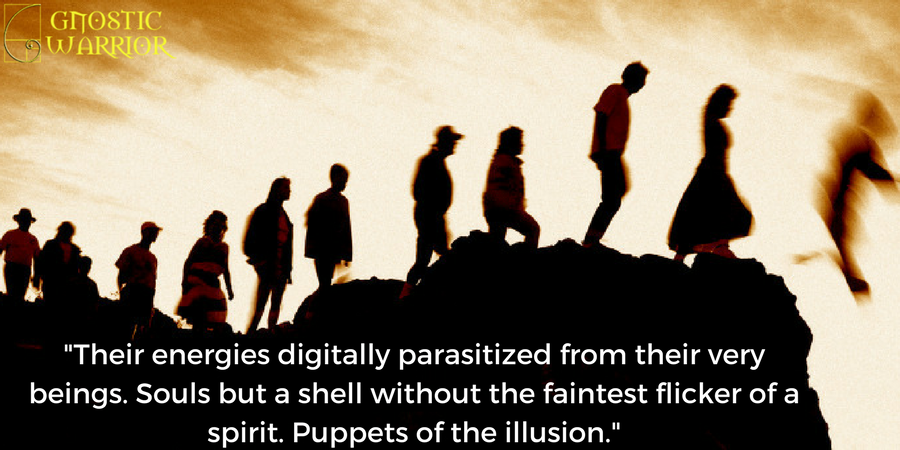Alchemy is as old as tradition itself. “The first authentic record on this subject,” says William Godwin, “is an edict of Diocletian, about 300 years after Christ, ordering a diligent search to be made in Egypt for all the ancient books which treated of the art of making gold and silver, that they might be consigned to the flames. This edict necessarily presumes a certain antiquity to the pursuit; and fabulous history has recorded Solomon, Pythagoras, and Hermes among its distinguished votaries.”
And this question of transmutation — this alkahest or universal solvent, which comes next after the elixir vitae in the order of the three alchemical agents? Is the idea so absurd as to be totally unworthy of consideration in this age of chemical discovery? How shall we dispose of the historical anecdotes of men who actually made gold and gave it away, and of those who testify to having seen them do it? Libavius,
Page 504
Geberus, Arnoldus, Thomas Aquinas, Bernardus Comes, Joannes, Penotus, Quercetanus Geber, the Arabian father of European alchemy, Eugenius Philalethes, Baptista Porta, Rubeus, Dornesius, Vogelius, Irenaeus Philaletha Cosmopolita, and many mediaeval alchemists and Hermetic philosophers assert the fact. Must we believe them all visionaries and lunatics, these otherwise great and learned scholars? Francesco Picus, in his work De Auro, gives eighteen instances of gold being produced in his presence by artificial means; and Thomas Vaughan, going to a goldsmith to sell 1,200 marks worth of gold, when the man suspiciously remarked that the gold was too pure to have ever come out of a mine, ran away, leaving the money behind him. In a preceding chapter we have brought forward the testimony of a number of authors to this effect.
Marco Polo tells us that in some mountains of Thibet, which he calls Chingintalas, there are veins of the substance from which Salamander is made: “For the real truth is, that the salamander is no beast, as they allege in our parts of the world, but is a substance found in the earth.” Then he adds that a Turk of the name of Zurficar, told him that he had been procuring salamanders for the Great Khan, in those regions, for the space of three years. “He said that the way they got them was by digging in that mountain till they found a certain vein. The substance of this vein was then taken and crushed, and, when so treated, it divides, as it were, into fibres of wool, which they set forth to dry. When dry, these fibres were pounded and washed, so as to leave only the fibres, like fibres of wool. These were then spun. . . . When first made, these napkins are not very white, but, by putting them into the fire for a while, they come out as white as snow.”
Therefore, as several authorities testify, this mineral substance is the famous Asbestos, which the Rev. A. Williamson says is found in Shantung. But, it is not only incombustible thread which is made from it. An oil, having several most extraordinary properties, is extracted from it, and the secret of its virtues remains with certain lamas and Hindu adepts. When rubbed into the body, it leaves no external stain or mark, but, nevertheless, after having been so rubbed, the part can be scrubbed with soap and hot or cold water, without the virtue of the ointment being affected in the least. The person so rubbed may boldly step into the hottest fire; unless suffocated, he will remain uninjured. Another property of the oil is that, when combined with another substance, that we are
Page 505
not at liberty to name, and left stagnant under the rays of the moon, on certain nights indicated by native astrologers, it will breed strange creatures. Infusoria we may call them in one sense, but then these grow and develop. Speaking of Kashmere, Marco Polo observes that they have an astonishing acquaintance with the devilries of enchantment, insomuch that they make their idols to speak.
To this day, the greatest magian mystics of these regions may be found in Kashmere. The various religious sects of this country were always credited with preternatural powers, and were the resort of adepts and sages. As Colonel Yule remarks, “Vambery tells us that even in our day, the Kasmiri dervishes are preeminent among their Mahometan brethren for cunning, secret arts, skill in exorcisms and magic.”

Moe is the founder of GnosticWarrior.com. He is a father, husband, author, martial arts black belt, and an expert in Gnosticism, the occult, and esotericism.





![How the South Saxons received Eadbert and Eolla, and the West Saxons, Daniel and Aldhelm, for their bishops; and of the writings of the same Aldhelm [705 A.D.] | Book 5 | Chapter 17 How the South Saxons received Eadbert and Eolla, and the West Saxons, Daniel and Aldhelm, for their bishops; and of the writings of the same Aldhelm [705 A.D.] | Book 5 | Chapter 17](https://www.gnosticwarrior.com/wp-content/plugins/contextual-related-posts/default.png)